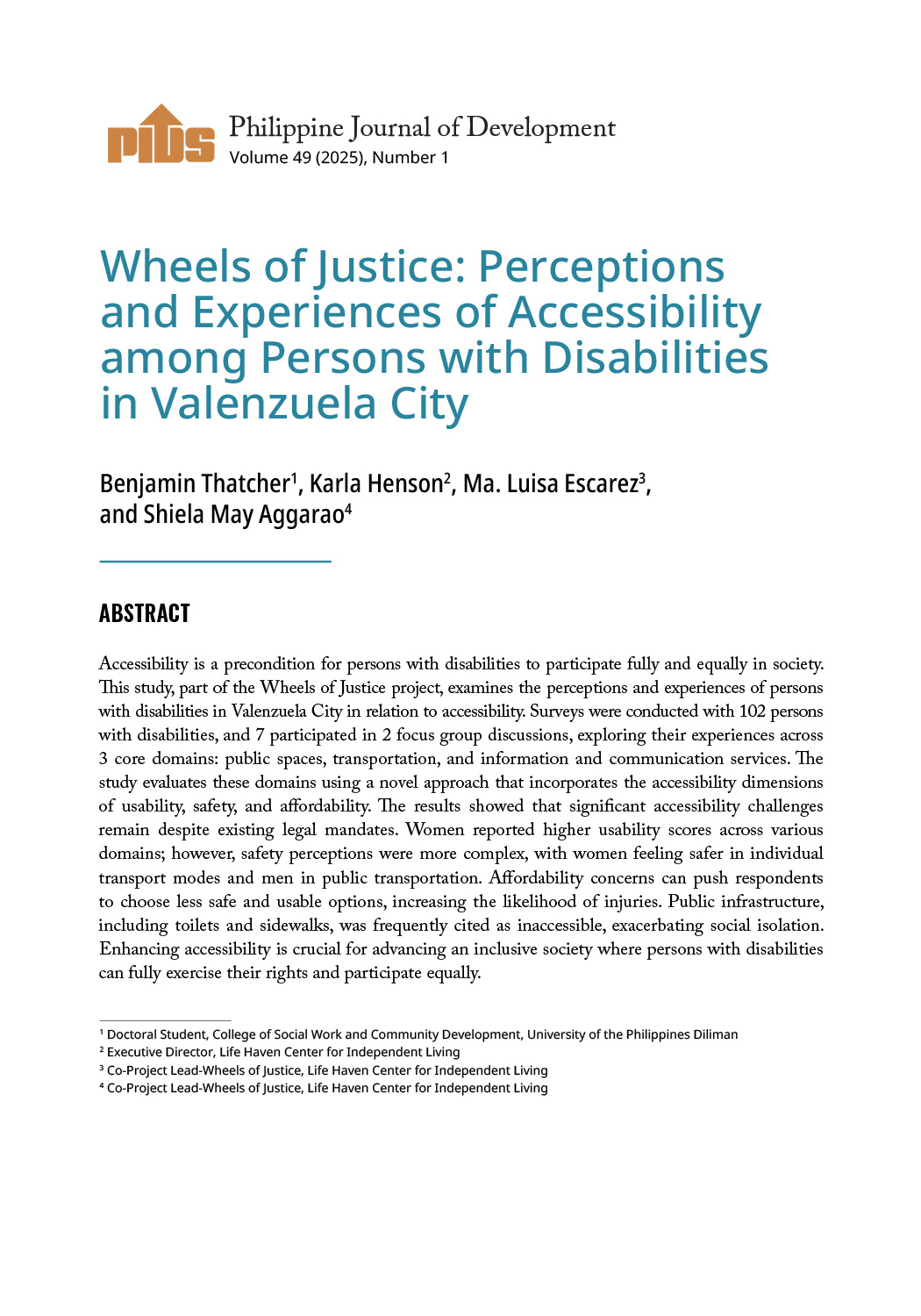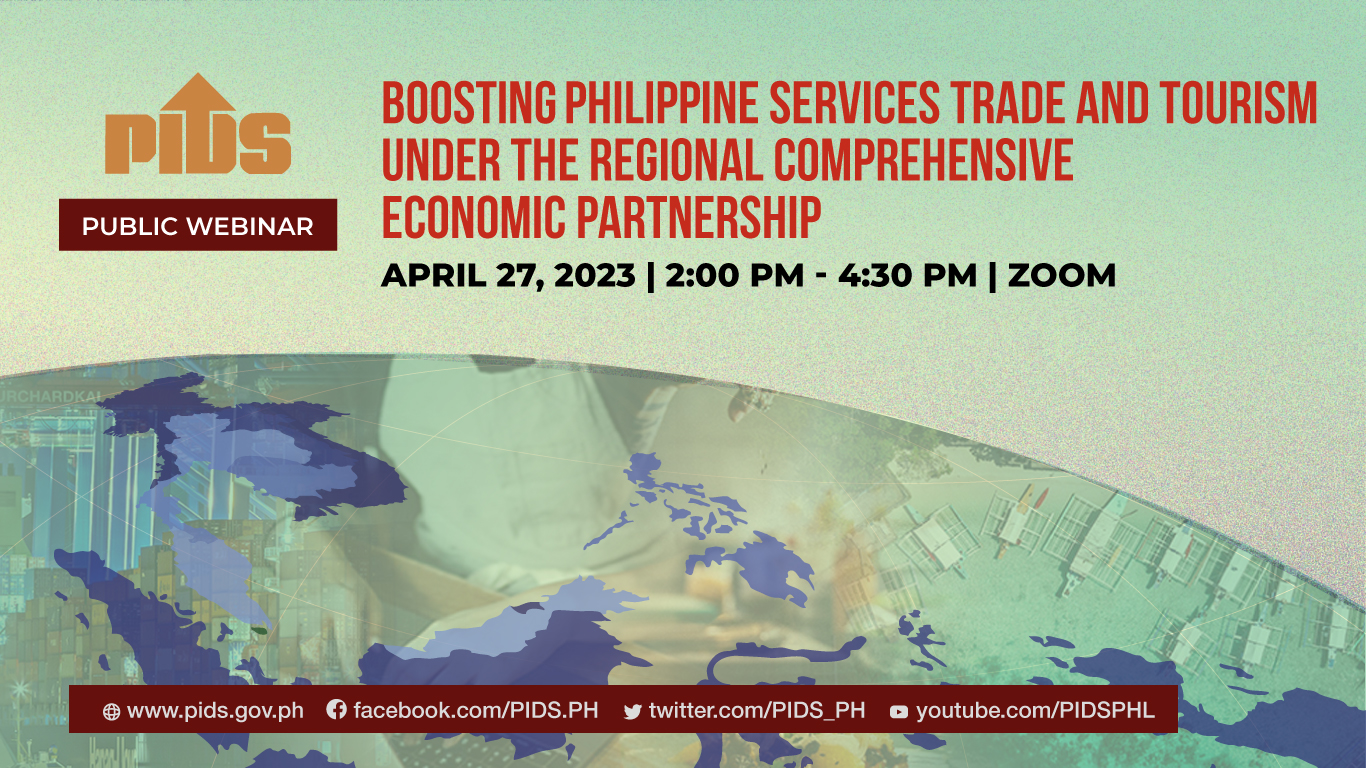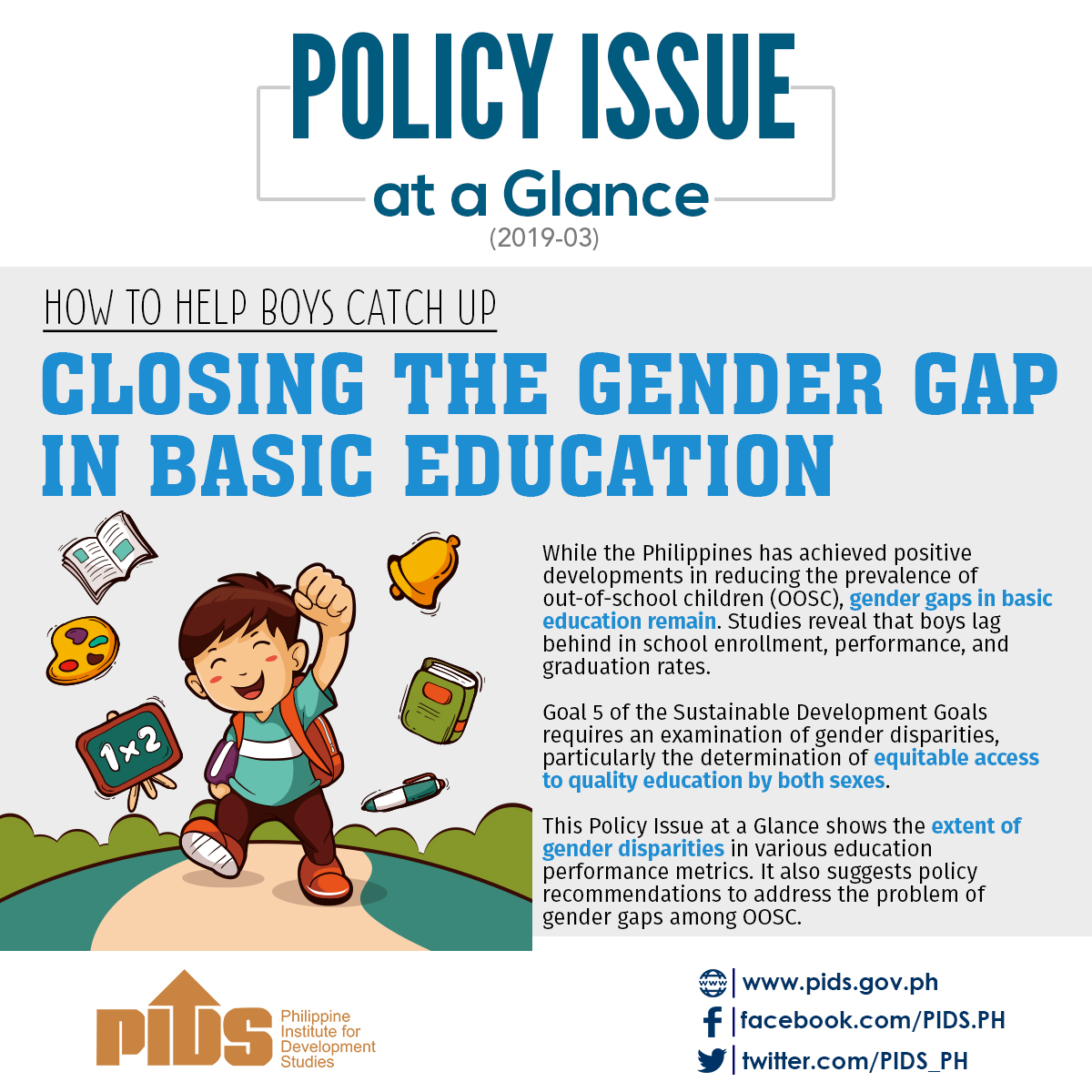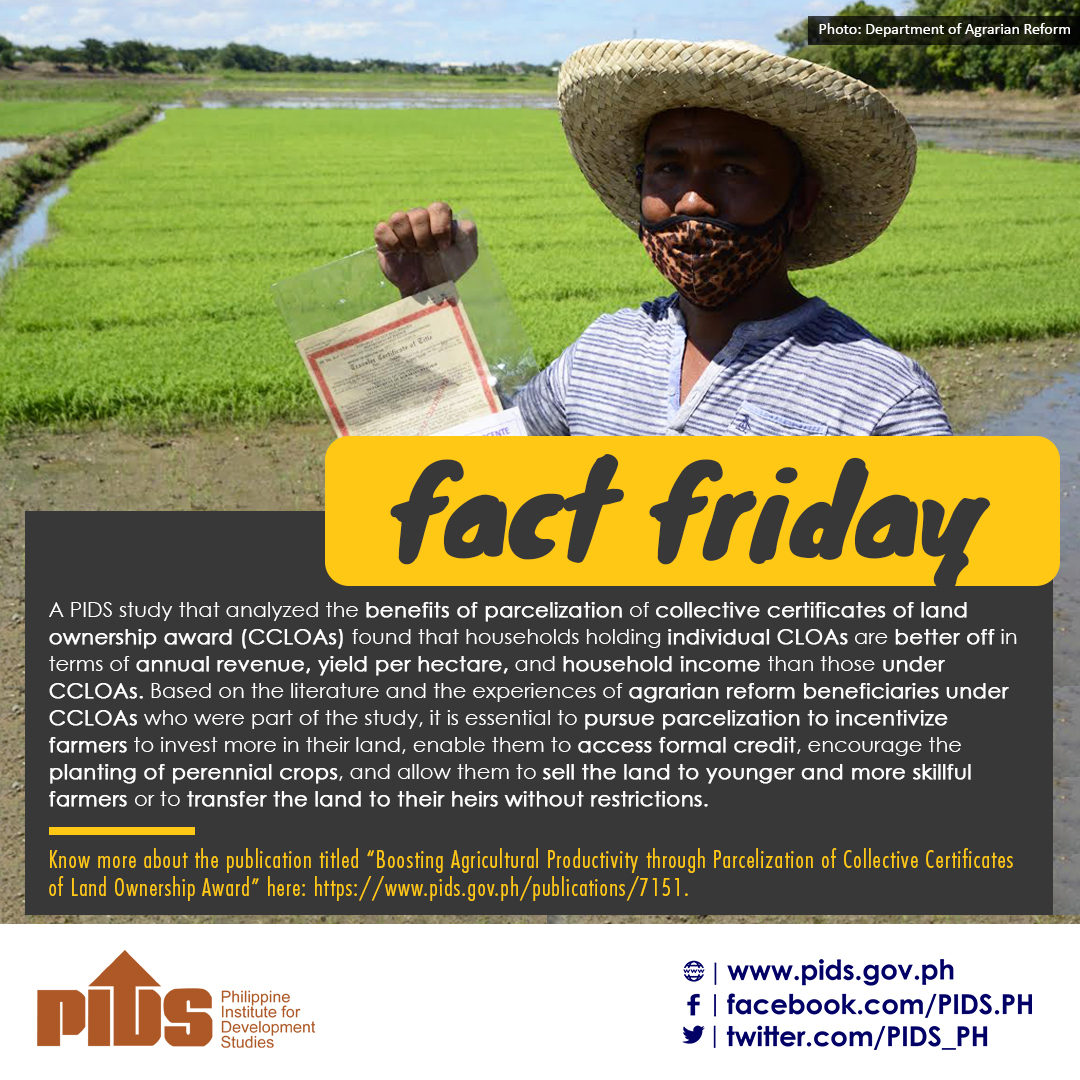Fiscal experts on Wednesday warned that certain regions might be “left behind” under a federal Philippines, a concern Malacañang’s constitutional review group said could be addressed by an “equalization fund.”
The consultative committee is eyeing the creation of 17 “federated” regions as a “benchmark” for deliberations on how much power and resources will be devolved from the central government.
But how many regions will actually be established will be based on a formula that includes indicators such as available resources, population, and the size and growth of the local economy.
Regions with “less economic activity will naturally not have enough money” for social services, infrastructure, and other programs, said finance undersecretary Bayani Agabin.
Dr. Celia Reyes, president of the government think tank Philippine Institute for Development Studies, cited the “need to focus on inclusive growth” in the proposed federal setup.
“What could happen, which we don’t want to happen (is) yes, everybody will probably improve, all the regions, but that gap might widen,” she told the consultative committee.
At present, there is already a “serious imbalance in economic development among regions,” said lawyer Roan Libarios, a con-com member.
Fifty-three percent of the country’s gross domestic product, Libarios noted, comes from Metro Manila and Calabarzon (Cavite, Laguna, Batangas, Rizal, and Quezon) alone.
FORCED CONTRIBUTIONS
Based on the 2018 national budget available after debt payment, the national government keeps 83 percent of the fund while only 17 percent goes to local governments, he said.
Libarios proposed that the federal government enjoy 29 percent of the national budget, and local governments 17 percent.
The regions, he said, should get 54 percent, from which an equalization fund will be made available to poorer regions.
Agabin said the equalization fund would work “conceptually” but it would “presuppose” that the federal government could “provide the life line.”
Former Senate President Aquilino Pimentel Jr., a member of the committee, described the equalization fund as “forced contributions” from federal states that would be represented in a proposed loan commission.
The fund will also include contributions from the national government and foreign agencies, he said.
Pimentel acknowledged concerns that the proposed fund might put “unnecessary burden” on other regions.
“But you are talking of the general welfare,” he told reporters. “Therefore, even if it adds a burden to a particular area, that is justified because we want a cooperative federalism.












